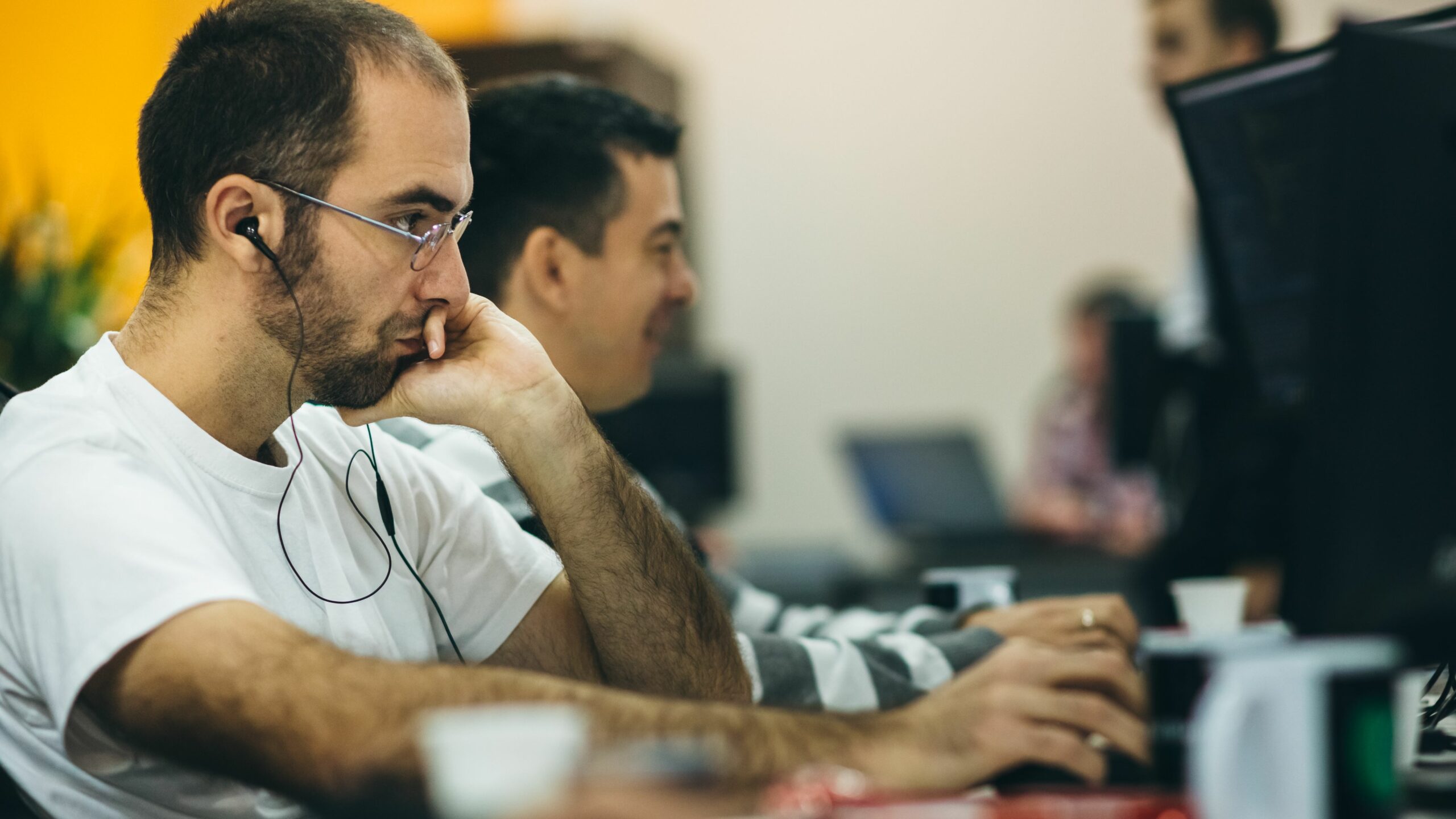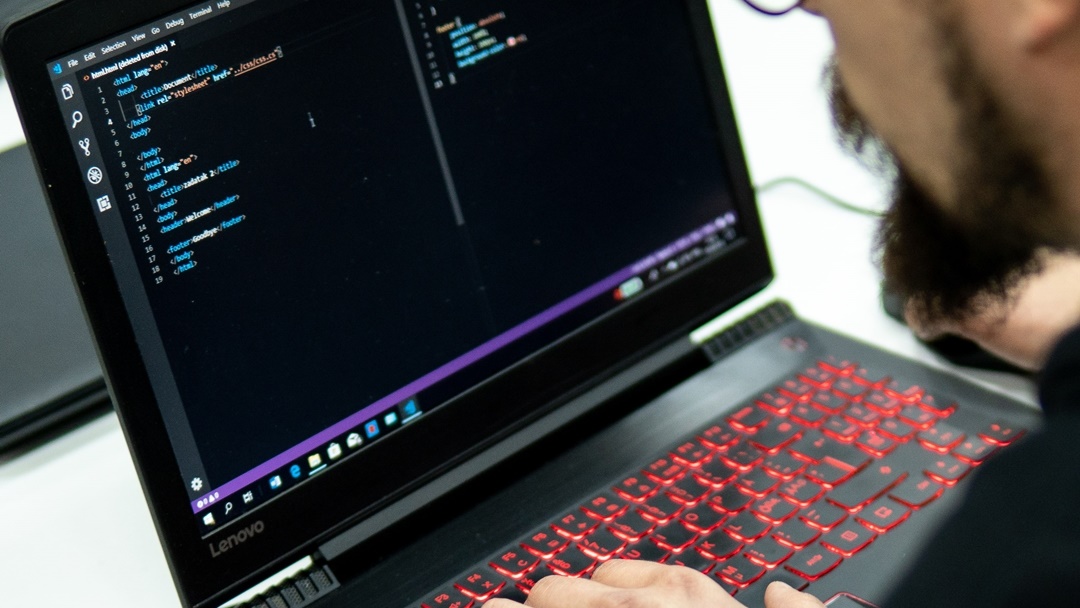posted: 10.06.2020 08:00
School
Becoming a Developer
We believe that you have already come across many articles about how programming is a profession of today, well paid, and opens many doors. It truly is one of the most sought after occupations in the world, because wherever you look, you will see job advertisements for developers. But how to become a programmer? Is programming reserved only for “geniuses”, top mathematicians, logicians, or is the real picture a little different after all? Of course, not everyone can be a programmer, but many people would love to try programming but don’t know how to do it. Stereotypes about programming are slowly disappearing, and with a rich offer of tutorials, forums, webinars, codes, and tips, learning to program is easier than ever. Of course, with a lot of effort and work.
Six tips for learning programming
- You must first decide on your field, technology, and programming languages as it is not recommended and you cannot be a good web, app, game, and system developer at the same time. Also, each of these areas requires constant investment and upgrading of knowledge. There is no best programming language, there are only languages that are good for creating a web/frontend, for creating a backend, for writing scripts, data processing, and the like. It is best to choose languages that are open-source, user-friendly, and with which you can do what you want. If you want to experiment with creating a website, then start with the presentation languages HTML, CSS, and Javascript, and later you can switch to a framework like Vue.js.
- You may not practice self-directed learning and prefer supervision and mentoring, then this is the right opportunity to get involved in workshops and courses. Dare to spend a few hours on education, because the time invested in knowledge always pays off in the long run. We recommend SPARK school workshops. 😉
- Studying is a great start to a career in the world of programming, and after graduating from college you have to constantly upgrade your knowledge. Mostar has three options in this field – informatics for FPMOZ, computing at FSRE, or software development at FIT.
- You can also use online educational platforms, where you learn theory, but also work on practical tasks. Some of them are Codecademy, Coursera, Udemy, Udacity, edX.
- Learn from other developers. You look at solutions written by someone else and then draw your conclusion. Programming resources do not limit you, but allow you to use other people’s codes and refine them. For example, you will find a lot of quality code on Stack Overflow.
- Find all the tips and tricks articles about the tools, technologies, and programming languages you use and learn them fully. Learn the most important libraries that come with the language. The more libraries/classes you know, the easier it will be to solve the problem when you encounter it.
Programming knows no age
Do you think you are too young or too old to start programming? We don’t think so because we believe in lifelong learning and that you can become a good programmer whenever you dedicate yourself to it. Children are a real example of how they can develop interesting apps through play. In addition to visual programming languages Scratch and mBlock adapted to them, children can also participate in state competitions such as the SPARKreators League. We recommend Python, C, and C ++ programming languages to high school students, while students and adults can enroll in beginner, frontend or backend web programming workshops at SPARK school.
No matter which language or technology you choose, you have to start from the beginning, and patiently approach the development of techniques. Start reading forums, books, tutorials, blog posts, webinars, and most importantly – get started as soon as possible. If you run into a problem, google it, read it again, ask friends or acquaintances who are already in programming. Don’t focus on learning 10 programming languages but on learning programming techniques, problem-solving, data analysis, and storing your projects on GitHub, creating your portfolio. The portfolio will be the most important thing in your new programming career! 🙂

